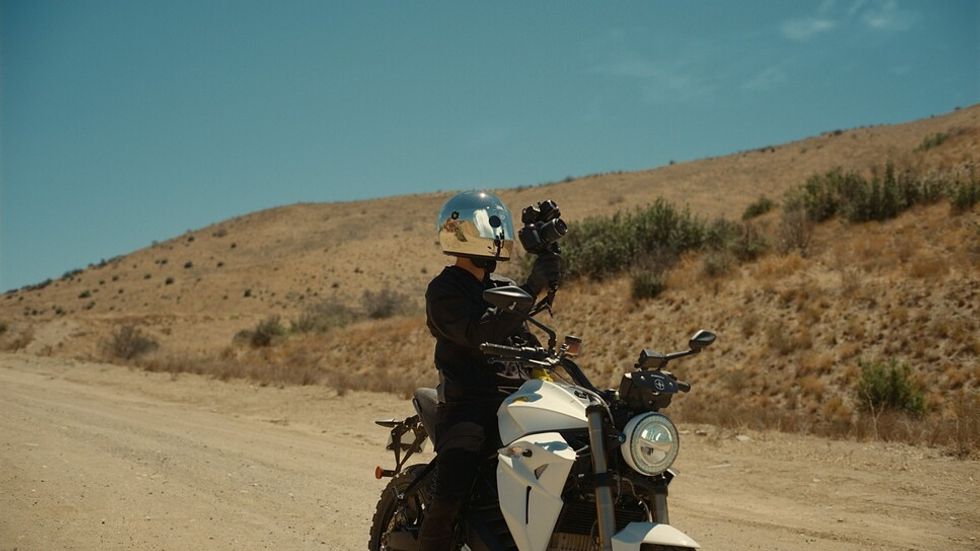How Much of Yourself Will You Put on the Page?
We explore the personal writing journey Shia LaBeouf took for Honey Boy.

'Honey Boy'
There are few actors more enigmatic than Shia LaBeouf. And now, as he tackles screenwriting, LaBeouf goes through all the dark chapters in his life, playing out his most traumatic events. Exposure therapy sessions in an institution became his first screenplay pages.
Now, I don't want you to check into a mental institution to write your scripts, but I think therapy is good for all of us. Writing our trauma, dreams, and hopes can be a great form of dealing with our own emotions and writing our most effective stories.
Today, I want to look at some of the narratives and examples we can use to inspire our own work.
Check out this video from CinemaStix and let's talk after the jump.
What You Can Learn from Shia LaBeouf Channelling His Personal History for Honey Boy
As the video states, the story of Honey Boy came from some intense therapy Shia LaBeouf was going through. He sat down to write the incidents that made up his life and walked away with a pretty solid outline that he turned into an excellent movie with the help of director Alma Har'el. We actually spoke with her about the film, so you can also get her insights.
One of the key pieces of writing advice we come back to again and again is the idea of vulnerability. Showing the audience your soul on the page. When you're willing to put real feelings forward, the audience will greet you by identifying not only with the characters but the situations at hand.
In the movie, the character connects his anger and self-deprecation with his childhood, forcing him to play cause and effect off one another. This also places the character arc in two different timelines. The nice thing here is that we know who Shia is in public. His stardom allows us to see the movie in another light, as autobiography. It adds depth. But how can a new writer learn a lesson from here?
Aside from the headline of being vulnerable, I think that the lesson here is character development and outlining. When you begin to write try making a list of all the important moments. That list becomes a beat sheet for the movie. then see how your character factors in and how those beats change them as the story progresses.
You can even do this for moments in your own life, pulling out real things that happen and then fictionalizing them. This may help you see your characters and their motivations more clearly, and help you help yourself along the way.
This kind of brainstorming is great for beginning writers who are having trouble building their own worlds. Sometimes it's easier to look at what's around us and to pull from there first. What are some autobiographical moments you put into your screenplays? Let us know in the comments.
What's next? Get our free screenwriting eBook!
So much of what we're talking about on No Film School when it comes to screenwriting is summarized in our new eBook. It also helps guide you through a 10-week writing plan that will get your script actually finished.






















